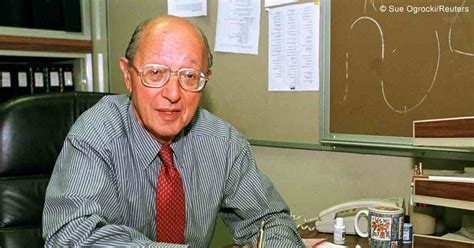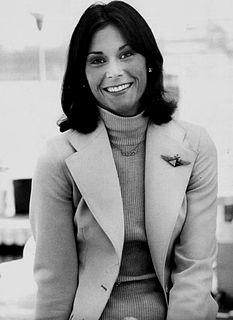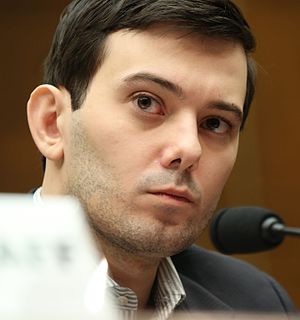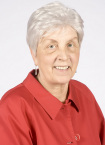A Quote by Siddhartha Mukherjee
If you take 100 breast-cancer samples, 100 types of cancer have 100 different hallmarks of mutated genes. You could be nihilistic and say, 'Oh, God, we'll never be able to tackle this!' But there are deep, systematic, organizational principles at work in all that diversity.
Related Quotes
My breast cancer was caught very early thanks to my doctor a wonderful woman named Elsie Giogi, who just recently passed away after practicing medicine into her 80's. At the time, she had suggested I go for a baseline mammogram before age 40 because I had fibrocystic breasts. The mammogram discovered a tiny tumor, and it was so small that they were able to take it out very easily. I had a lumpectomy. Unfortunately, they did miss a little of the cancer, and two years later I had a mastectomy. But hey, I'm here, I'm alive, and I'm going to live to be 100!
There's about 100 different cancers in a cancer cell. And so what we're finding out is, they're finding out ways to deal with one or two of the cancers there, with certain medicines. But they don't know why, if you have that cancer and I have that cancer, and I get the therapy and you get it, I don't live and you live. That - they don't know why.
Josh, my question to you is why you ran against a Republican and spent $100,000, wasted $100,000, that could have been spent on the west side of the state getting us a majority in the House of Representatives, especially since, at least in two of those swing districts we probably could win with that $100,00


































